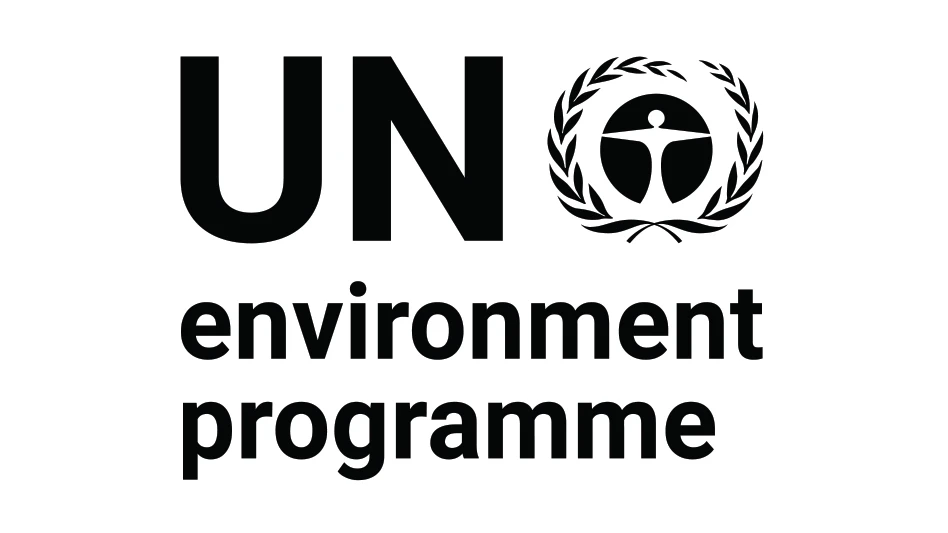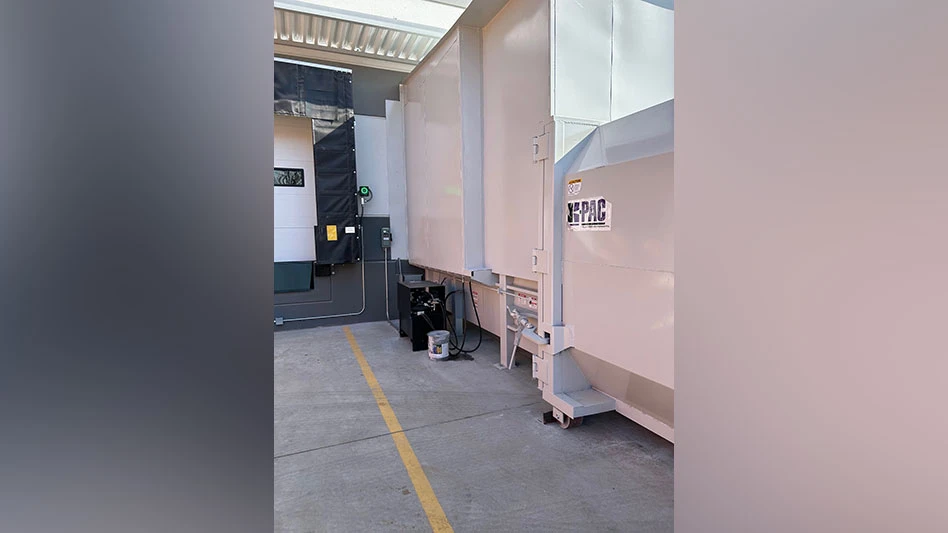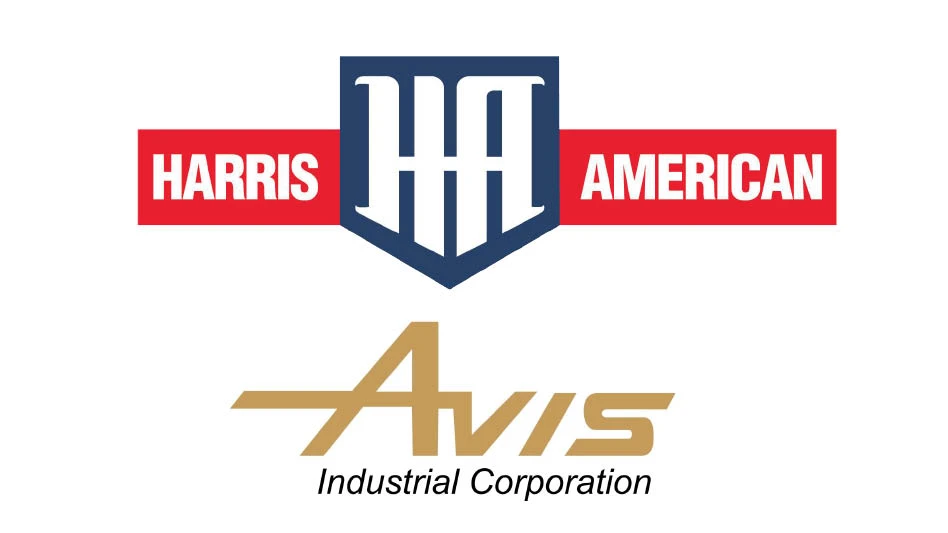
Image courtesy of the UN Environment Program
The fourth session of the United Nations Environment Program’s (UNEP’s) Intergovernmental Negotiating Committee to develop a Global Plastics Treaty, also called INC-4, concluded in the early hours of April 30 after a week of negotiations in Ottawa with an advanced draft text of the treaty and an agreement on intersessional work that will take place before the fifth session, INC-5, in November in Busan, South Korea.
UNEP says more than 2,500 delegates participated in INC-4, representing 170 members and more than 480 observer organizations including nongovernmental organizations (NGOs), intergovernmental organizations and UN entities—the largest gathering to date, with observer participation increasing by almost 50 percent.
RELATED: Forging a global agreement
Over the course of a week, delegates negotiated the revised draft text of the international, legally binding instrument and discussed a range of topics that included emissions and releases, production, product design, waste management, problematic and avoidable plastics, financing and a just transition.
Intersessional work will focus on the financial mechanism of the treaty, plastic production, chemicals of concern in plastic products, product design reusability and recyclability. Member states will include observers’ participation during this work. Also, members have decided to create an open-ended legal drafting group in time for INC-5 that will serve in an advisory capacity by reviewing elements of the revised draft text to ensure legal soundness.
“We came to Ottawa to advance the text and with the hope that members would agree on the intersessional work required to make even greater progress ahead of INC-5,” UNEP Executive Director Inger Andersen says in a news release. “We leave Ottawa having achieved both goals and a clear path to landing an ambitious deal in Busan ahead of us.
“The work, however, is far from over,” Andersen continues. “The plastic pollution crisis continues to engulf the world and we have just a few months left before the end-of-year deadline agreed upon in 2022. I urge members to show continued commitment and flexibility to achieve maximum ambition.”
However, frustration was amid the progress. Two points of contention among members—whether the treaty will have common global rules or voluntary ones and whether it will include measures to reduce production and consumption of plastics—were left undecided, and neither topic has been included in intersessional plans.
In a statement released by the Washington-based Center for International Environmental Law (CIEL), the organization claims nearly 200 fossil fuel and chemical industry lobbyists registered for the negotiations, including at least 16 on country delegations. CIEL says INC-4 failed to sufficiently advance the plastics treaty ahead of the final talks in Busan and instead led to many countries accepting “a compromise that played into the hands of petrostates and industry influences.”
David Azoulay, CIEL’s director of environmental health, says, “From the beginning of negotiations, we have known that we need to cut plastic production to adopt a treaty that lives up to the promise envisioned in UNEA [UN Environment Assembly] two years ago. In Ottawa, we saw many countries rightly assert that it is important for the treaty to address production of primary plastic polymers [virgin resin]. But when the time came to go beyond issuing empty declarations and fight for work to support the development of an effective intersessional program, we saw the same developed member states who claim to be leading the world towards a world free from plastic pollution, abandon all pretense as soon as the biggest polluters look sideways at them.”
At the conclusion of treaty talks, NGO Break Free From Plastic released its analysis, saying that while there has been some streamlining of the draft text, there also have been more additions than deletions, “leading to a text riddled with a large number of options and bracketed words and sentences.”
The organization writes, “A small number of countries continued their obstructionist and low-ambition tactics—watering down, adding countless brackets and shamelessly twisting the language across the different provisions in an attempt to narrow the scope and lower the ambitions of the treaty.”
Questions also were left unanswered for those promoting a circular economy for plastics. Virginia Janssens, managing director of trade association Plastics Europe, says that while her organization is encouraged by the number of proposals addressing how best to define and avoid problematic and high-leakage plastics applications, as well as discussions of financing and the potential for global extended producer responsibility (EPR) programs, there is concern about the lack of progress and a regulatory framework required to accelerate the development of a circular plastics economy.
“The most effective way to accelerate this transition while maintaining the utility that plastics offer society is for the treaty to make plastic waste a commodity with real value,” Janssens says. “The focus must now shift to policy measures that will increase the value of plastic waste as a circular feedstock by increasing demand for circular plastic raw materials, including the introduction of mandatory recycled content targets for sectors that use plastics as the national level.”
Prior to the start of the event in Ottawa, Patrick Krieger, vice president of sustainability at the Washington-based Plastics Industry Association, said in a news release that the industry remains committed to keeping plastic out of the environment and in a circular economy.
“We need more support of circularity, not caps or eliminating the production of an essential material,” he said. “We must increase our recycling rates worldwide through improved infrastructure and greater accessibility to recycling for more people. We know there are solutions available to meet our shared sustainability goals and we look forward to reaching them together.”
Latest from Recycling Today
- Enfinite forms Hazardous & Specialty Waste Management Council
- Combined DRS, EPR legislation introduced in Rhode Island
- Eureka Recycling starts up newly upgraded MRF
- Reconomy Close the Gap campaign highlights need for circularity
- Nickel carbonate added to Aqua Metals’ portfolio
- EuRIC, FEAD say End-Of-Life Vehicle Regulation presents opportunity for recyclers
- Recyclers likely to feel effects of US-China trade war
- BCMRC 2025 session preview: Navigating battery recycling legislation and regulations





